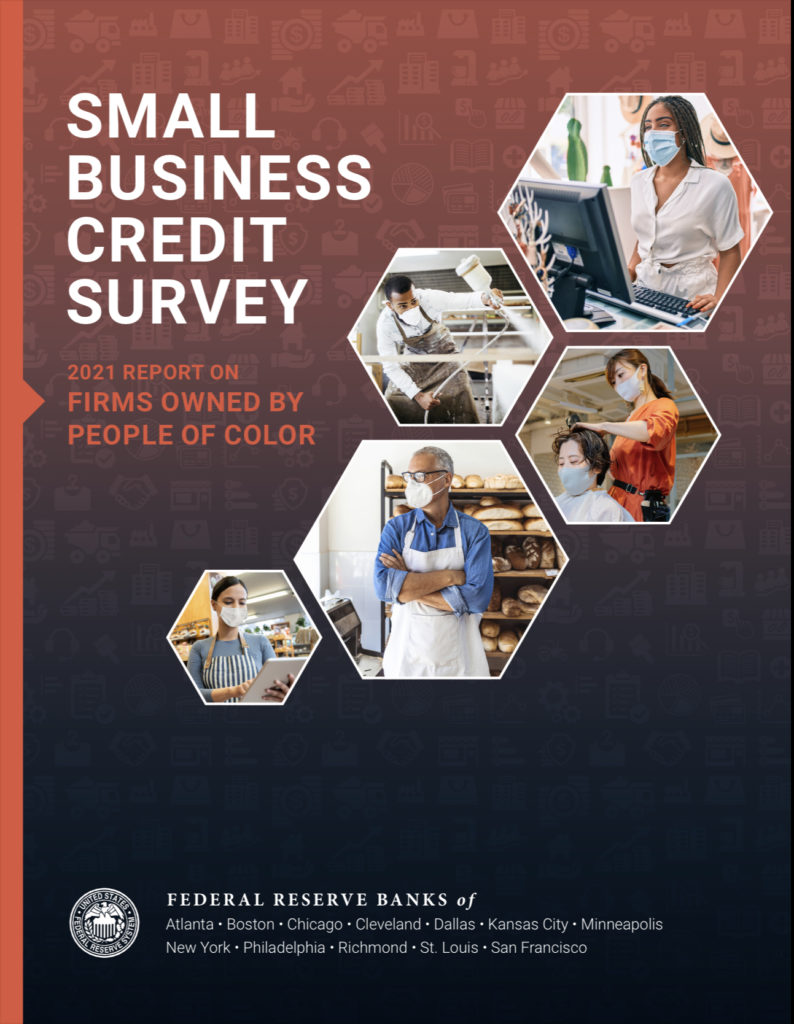- September 29, 2021Most U.S. business owners with no employees were U.S.-born but in some sectors and demographic groups, including Asian and Hispanic…
- September 27, 2021Small businesses are the beating heart of local economies and communities across the country. As mainstays of neighborhood identity, small…
- June 19, 2021Dismantling the barriers that have kept Black Americans from fully participating in the US economy could unleash a tremendous wave…
- May 1, 2021An analysis of Paycheck Protection Program lending reveals stark disparities across the country. In the LA area, businesses in White…
- April 8, 2021Legacies of historical racist policies and ongoing discrimination in areas such as education, employment, and housing have barred many Californians…
- April 1, 2021Drawing on recent research, this issue brief – co-authored by the Aspen Institute Economic Opportunities Program, the Institute for the…
- March 31, 2021HOPE and SurveyMonkey released the findings of the inaugural HOPE Minority Small Business Index survey which examines the sentiments and…
- March 1, 2021As the pandemic disproportionately affects small businesses and communities of color, the new administration and Congress are currently debating a…
- February 2, 2021The federal government’s Paycheck Protection Program provided forgivable loans to help businesses survive the COVID-19 economic collapse. But that wasn’t…

